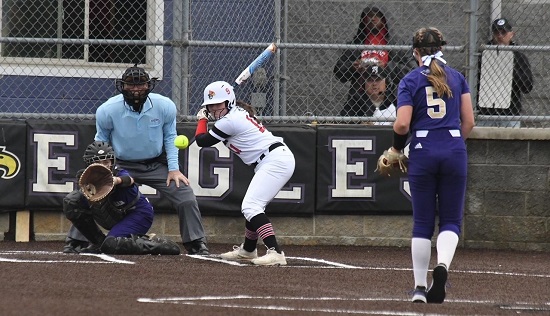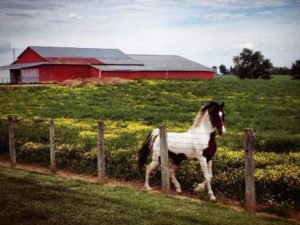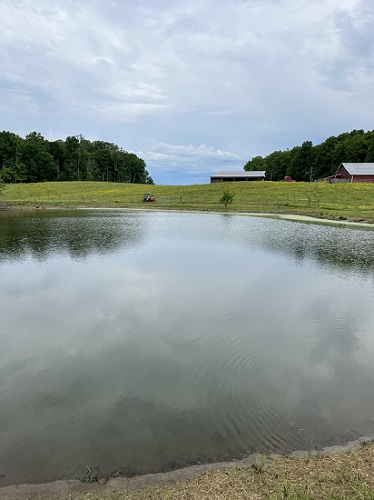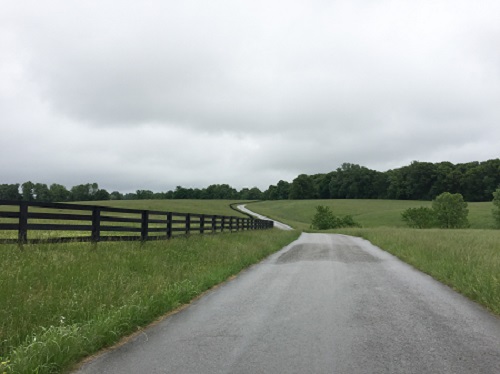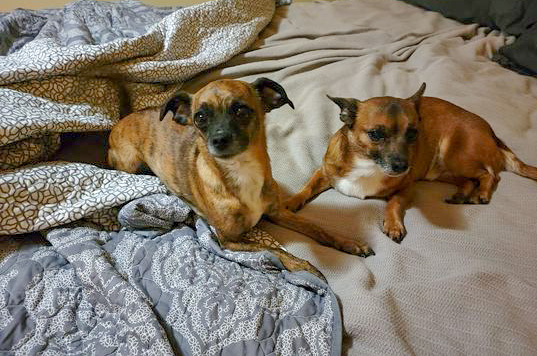It Is What It Is
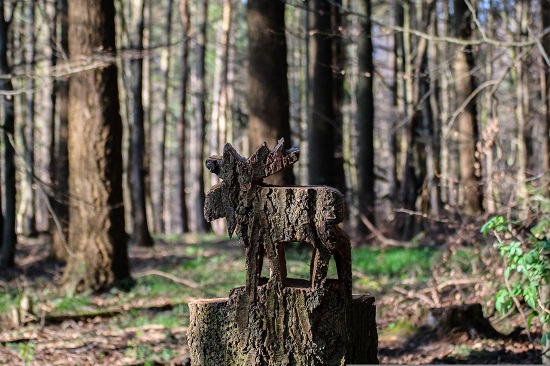 It is what it is. That reality applies to all of life. Much we can change, but not everything.
It is what it is. That reality applies to all of life. Much we can change, but not everything.
It is what it is refers to a situation we can’t change.
We don’t like it, but we can’t undo what has been done, so we:
- Accept it
- Do the best we can
- Move on with our lives
We must deal with life as it comes.
When we can’t change it, we make the most of it. Yes, it is frustrating. Yes, it is hard. That’s life. We deal with it as it is.
A simple example: What do we do with a stump? The tree is gone. Do we:
- Do nothing and leave the stump where it is?
- Dig it up and fill the hole with dirt?
- Try to make it beautiful?
 Tree carvers turn stumps into works of art. Most of us don’t have that skill. My family’s solution: We let honeysuckle cover the stump. Honeysuckle is a weed, but we love its blooms.
Tree carvers turn stumps into works of art. Most of us don’t have that skill. My family’s solution: We let honeysuckle cover the stump. Honeysuckle is a weed, but we love its blooms.
Our stump is still a stump, but we chose to make the best of a bad situation.
Before I took the honeysuckle picture, a deer ate most of its blooms. I was disappointed, but it is what it is. I took the picture anyway.
Occasionally, it is what it is becomes an excuse to do nothing.
Although hard, most difficulties are not impossible. We simply don’t want to deal with them.
Let’s use this expression to motivate, not to excuse.
Make the most of life as it is.
“Let us consider how we may spur one another on toward love and good deeds” (Hebrews 10:24 NIV).
Thanks to Karen Atwood for the suggestion. First image by Kai from Pixabay.
Do you have an expression you want explained or a thought about this one? If so, please comment below.
 On Saturday, October 22, I will randomly select the name of one person on my mailing list to receive a free copy of Shirley Crowder and Harriet Michaels’s devotional book, Glimpses of the Savior: 50 Meditations for Thanksgiving, Christmas, and the New Year. If you are not already on my mailing list, you can sign up here.
On Saturday, October 22, I will randomly select the name of one person on my mailing list to receive a free copy of Shirley Crowder and Harriet Michaels’s devotional book, Glimpses of the Savior: 50 Meditations for Thanksgiving, Christmas, and the New Year. If you are not already on my mailing list, you can sign up here.
If you enjoyed this post, please share it with your friends.



